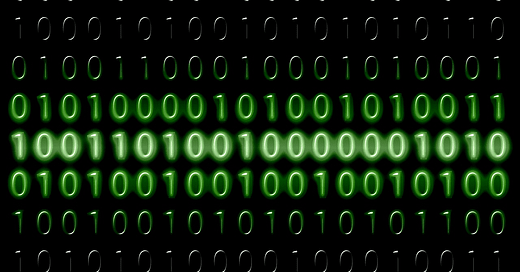“But is it safe?” Good economists will scoff that it’s a meaningless question, because safety is always a matter of degree. Nothing in the real world is perfectly safe. Even if you spend your day hiding in your house, you could die of a heart attack, an earthquake, or a home invasion.
In contrast, non-economists - and bad economists - love binary thinking about risk. Everything is either “safe” or “unsafe.” This was blatant during COVID. How many times did you hear the sentences, “Is it safe to reopen restaurants?,” “Is it safe to reopen schools?,” and “Is it safe to fly yet?”
What silly questions! Each activity has a positive probability of catching and spreading COVID - and the probability of bad outcomes rises the more time you spend doing the activity. Politically, however, you couldn’t regain your freedom until an authority gave each silly question an even sillier answer. “Yes, flying is now safe again.”
The most ill-formed COVID question of all was probably, “Is the vaccine safe?” What reasonable people wanted to know was, “Is taking the vaccine now safer than waiting until we run more tests?" What policy-makers kept asking themselves, though, was: “Can we get away with pretending that we know for sure that the vaccine has absolutely no negative health effects for anyone?”
Will the vaccine cause horrible problems in twenty years? We’ll know with near-certainty in about twenty years. For now, all we can honestly say is, “The risk trade-off seems very favorable, especially if you remember that contracting severe COVID also has long-run risks.” Which is good enough to justify vaxxing.
What’s afoot? I once again invoke the World’s Most-Underrated Psychological Theory: Social Desirability Bias. The harsh reality is that safety lies on a continuum, and no one is ever perfectly safe doing anything. These self-evident truths sound bad - and when the truth sounds bad, people lie. When the lies become ubiquitous enough, people start to sincerely believe absurdities. Absurdities like, “X is safe; do as much as you like. Y is unsafe; never do Y.”
Politicians, as usual, weaponize these absurdities. If they want to keep the schools closed, they just declare schools “unsafe.” If they want to open the schools, they just declare the schools “safe.” Either way, they pander to the emotionality of the masses - and avoid math. Almost nothing sounds worse than math. As the demagogues who rule us are well-aware.
How are we supposed to cope in this desert of Social Desirability Bias? Do a little math. Compare unfamiliar risks to familiar risks. Start with: How does this risk compare to the risk of driving? Nor should you crunch the numbers in isolation. Do it with your family, especially your kids. If you don’t lead your family with good math, demagogues will lead it with bad poetry.
Subscribe to Bet On It
Caplan and Candor















Not Social desireability bias is to blame for binary thinking re safety. I guess most Humans are just naturally not very good to think at continuums especially when it comes to safety. I guess humans are for some reason binary thinkers.
Is your vaxx-safety reading confined to MR and other such bubblies? My view is very much otherwise.